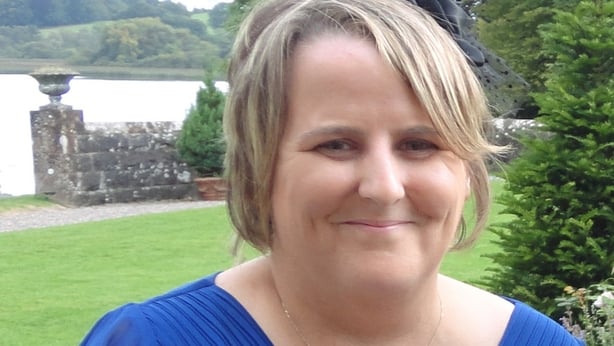The Supreme Court will give its decision on Wednesday on the latest attempt by Graham Dwyer to overturn his 2015 conviction for the murder of Elaine O'Hara.
The Court of Appeal rejected Dwyer’s appeal last year on all grounds.
But the Supreme Court decided to allow a final appeal on the grounds that "significant issues of general public importance" arose about the admissibility of mobile phone data evidence retained and accessed under legislation that was later found to breach EU law.
The appeal was heard in January and the seven judges will give their decision on Wednesday morning.
In a ruling last month on similar issues, the court dismissed objections to the admissibility of phone data at a criminal trial.
Mobile phone data played a large part in Dwyer’s prosecution for the murder of Ms O’Hara in 2012.
It helped to link him to a phone used to send messages to Ms O’Hara, arranging to meet up and take part in his fantasy of stabbing a woman during sex.
Dwyer successfully argued in the Court of Justice of the EU that the legislation under which his data was retained and accessed, breached EU law.
It was gathered under a 2011 Irish law giving effect to an EU directive that was later struck down by the CJEU.
The CJEU has ruled that the general and indiscriminate retention of mobile phone data as well as accessing such data without independent oversight is not permissible.
The Court of Appeal ruled that even if the disputed evidence had been excluded, there was still enough evidence to support Dwyer’s conviction.
It found the call data evidence was "not very significant" and was properly admitted into evidence.

In this appeal, Dwyer’s lawyers told the Supreme Court that when Elaine O'Hara's murder was being investigated, there was a system in place to retain and access mobile phone data, that should not have been in place.
They said the question was whether the prosecution could be permitted to use material in evidence that should not have been gathered in the first place.
They said that Dwyer’s rights under the charter of fundamental rights had been breached.
Dwyer’s legal team also argued that the phone evidence was "inextricably interwoven" into the tapestry of the case.
Lawyers for the DPP said Dwyer’s rights under the charter had not been breached.
They said when deciding on the admissibility of evidence, a balance had to be struck between protecting the rights of citizens and not bringing the administration of justice and investigation of crime into disrepute by excluding probative evidence.
The prosecution also argued the call data records were not "inescapably integral" to the guilty verdict.
This is likely to be Dwyer’s last possible appeal against his conviction in the Irish courts.
Ms O’Hara’s father, Frank, brother, John and sister, Anne were in court for the hearing.







